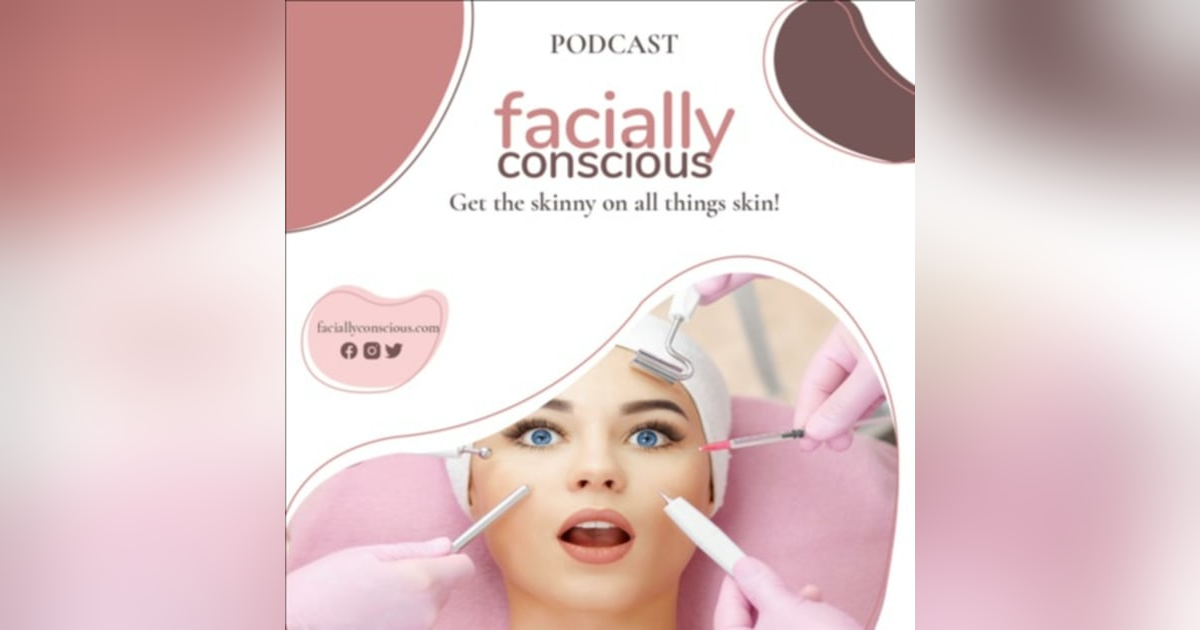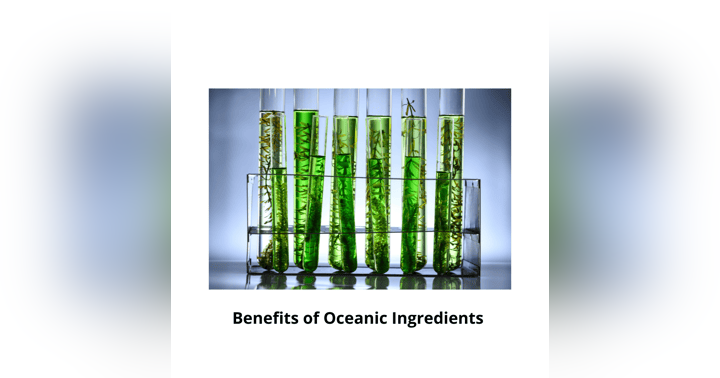Understanding Rosacea: Expert Insights and Tips for Healthy, Balanced Skin
Hey everyone, Trina here from Facially Conscious! Today, I'm thrilled to share some great information from our episode, What can a derm do for rosacea? What can an esthetician do for rosacea, where we discuss the complexities of rosacea—a common yet often misunderstood skin condition. We discuss the medical and esthetician approaches to treating and managing rosacea, offering listeners practical tips to keep skin calm and balanced.
What is Rosacea?
Rosacea is more than just facial redness—it’s a chronic skin condition often marked by flushing, persistent redness, and in some cases, visible blood vessels and pustules. Unlike acne, rosacea doesn’t involve blackheads, and its underlying causes and triggers are unique to each individual. Rosacea can appear in different ways; while some may experience only mild flushing, others might see persistent redness with small bumps that look like whiteheads. As an esthetician, I see this variation all the time and understand that there’s no one-size-fits-all treatment.
Medical Treatments for Rosacea: Dr. Vicki Rapaports Insights
Dr. Vicki Rapaport provided an overview of the medical treatments dermatologists offer for rosacea, emphasizing a tiered approach. Topical treatments are typically the first line of defense, including anti-inflammatory agents, bacteria-killing formulas, and even some options that target mites associated with rosacea. If topicals don’t bring relief, dermatologists often turn to oral antibiotics like low-dose doxycycline, which is anti-inflammatory without the harsh side effects of a full antibiotic dose.
For those with more severe symptoms, oral treatments like Accutane or minocycline might be recommended. While powerful, these medications require careful oversight to manage potential side effects. Dr. Vicki also discussed the option of laser therapy, which, though effective, can be pricey and may not be accessible to everyone. If a dermatologist suggests only high-cost treatments like lasers without exploring other options, Dr. Vicki advises patients to seek a second opinion—effective rosacea management doesn’t have to break the bank!
How Estheticians Help Manage Rosacea: My Tips and Tools
As an esthetician, my approach to rosacea is more about daily care and prevention. I love helping clients develop skin routines that nurture their skin and prevent flare-ups. One of the first things I recommend is keeping a “trigger diary” to track foods, beverages, and environmental factors that may aggravate rosacea. Common triggers include alcohol, spicy foods, and extreme weather.
For clients with rosacea, I focus on gentle facials, non-irritating products, and treatments that calm inflammation. Monthly facials can make a huge difference in controlling symptoms. I’m a big believer in using soothing ingredients like azelaic acid, which reduces redness, and other calming agents that work well for sensitive skin types. One of my golden rules? Avoid experimenting with new products without guidance. Rosacea-prone skin can be quite reactive, and trying a new product on a whim can result in flare-ups.
Navigating Rosacea Products: What Works and What Doesn’t
Rebecca Gadberry, our skin scientist, pointed out that there are a ton of over-the-counter products marketed for rosacea, but not all of them are created equal. It’s essential to look at product labels critically. While some products might claim to calm redness, they often lack effective concentrations of active ingredients. Rebecca highlighted a few common ingredients, like glycerin, that are harmless but may not offer enough relief for those with more severe rosacea.
Additionally, Rebecca stressed the importance of sticking to products formulated for sensitive skin, preferably without fragrance or harsh alcohols. For more information on ingredients for rosacea check out our Deep Dive: Flushing & Blushing Rosacea Triggers, Plus Skincare Ingredients That Calm Rosacea
The Partnership Between Estheticians and Dermatologists
One of my favorite parts of working with rosacea clients is the collaboration with dermatologists like Dr. Vicki. When clients need medical intervention, I make sure they see a trusted dermatologist who respects their budget and is open to discussing affordable medication options. Together, we can offer a holistic approach, combining medical and esthetic care to keep rosacea symptoms at bay.
Final Thoughts: It Takes a Village to Manage Rosacea
Rosacea may be a lifelong condition, but it doesn’t have to disrupt your life. With the right skincare regimen, professional guidance, and a bit of trial and error to identify personal triggers, it’s absolutely manageable. Whether you’re just noticing redness or have been dealing with rosacea for years, remember there’s a network of support out there—from estheticians like me to compassionate dermatologists like Dr. Vicki.
So, if you’re struggling with persistent redness, sensitivity, or flare-ups, don’t go it alone. Seek out expert advice, try gentle and consistent skincare, and give your skin the love it needs to stay healthy and radiant.
Don’t forget to listen to the full podcast episode for even more insights and detailed advice on managing rosacea effectively. See you next time on Facially Conscious!









